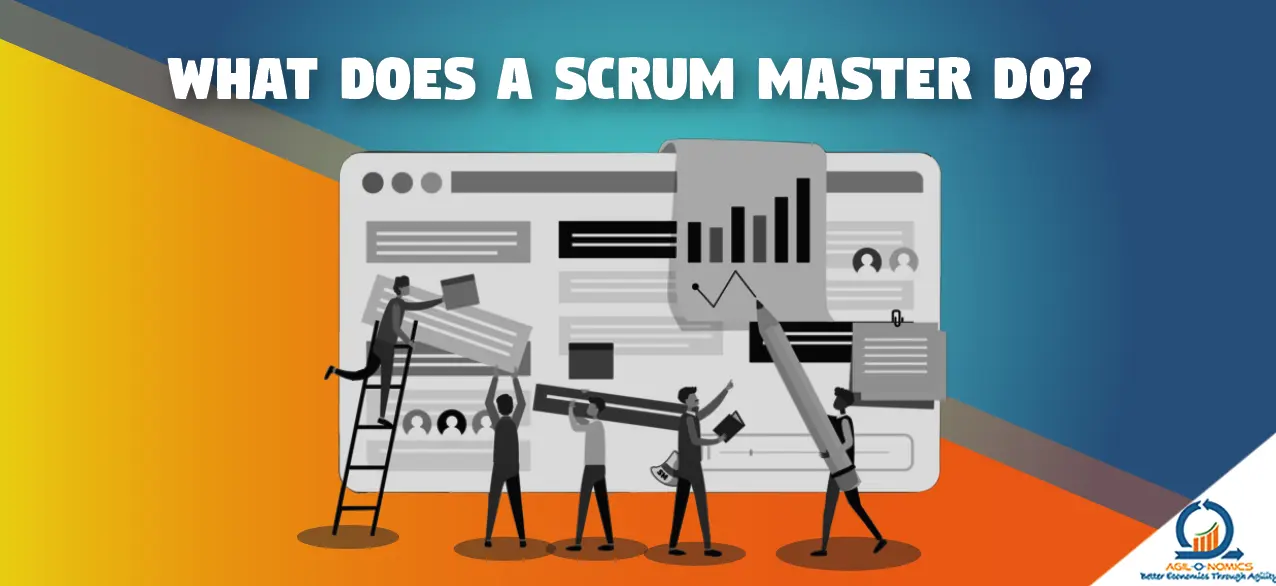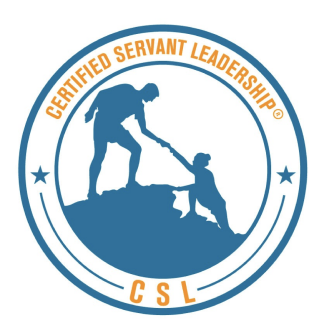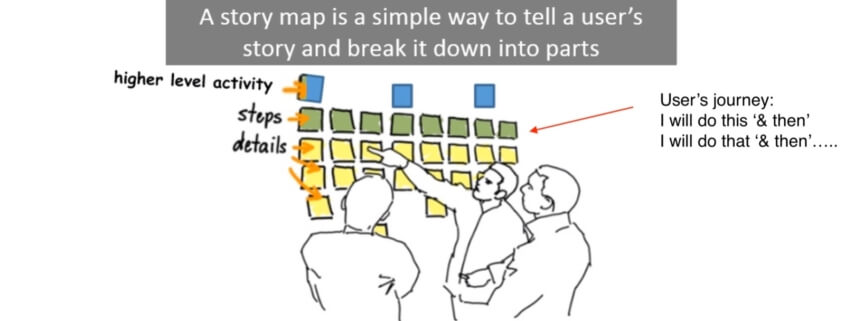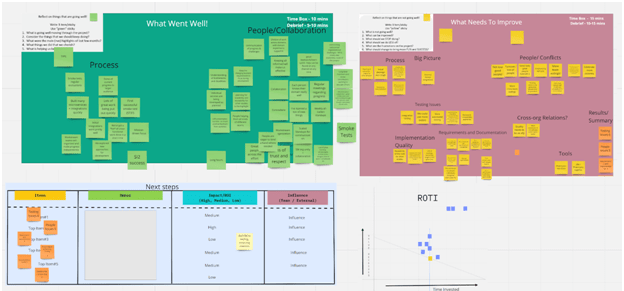
What Does A Scrum Master Do?
Scrum Master is a mystical role in Scrum. I say mystical because many companies and leaders are unable to comprehend the importance and essence of this role. As a result, the Scrum Master continues to be an under-appreciated role. Such leaders often ask, “What does a Scrum Master actually do? The developers or the team does the work. The product owner talks with the customers, stakeholders, business partners, understands the competition and the market, brings requirements etc., but what is the role of the Scrum Master?” I once had a conversation with a leader who questioned the Scrum Master role and wanted to get my insights [Leader] Amit, do you think we can cut down on the Scrum Master role? [Me] I asked him, “What do you think they (the Scrum Masters) do?” [Leader] Well, “they facilitate Scrum ceremonies and are supposed to manage the work?” [Me] Hmmm, “Manage the work?”, “What do you mean?” [Leader] “What else do they do? Does this need to be a full time role? [Me] “Who facilitates the Scrum events? Coaches the team? Inspires the team to self organize? Encourages them to plan to their capacity taking only what they can do and deliver to their commitments? Helps them to stay focused on value delivery? Communicates and re-communicates the vision? Resolves conflicts? Scrum Master Protects the team, and …” [Leader] “Hmmm, a lot of this effort is invisible, and we give credit only to the team and Product Managers who work hard” [Me] “Invisible?” [Leader] “Amit, isn’t it like, if your kids do well in their junior or middle school, they get all the glory? But as parents we work hard to help them be successful, but our work stays invisible, no?” [Me] “Wow, you got that right! What would you do with that knowledge?” [Leader] “I got to fix the deeper understanding of this role. I know some people playing the Scrum Master role are not doing it well. They do not have the passion, the deeper understanding of this role and/or may not be suited for this role. But there are others who are serving well in this role: their teams look happier, are highly productive, swarm over problems and find new ways to improve. We gotta acknowledge them, highlight their work, selfless servant leadership effort and take their help to grow other Scrum Masters!” With the advent of Agile and Scrum, the demand for Scrum roles, especially the Product Owner and Scrum Master, has been high. While Product Managers could learn to play the Product Owner role more easily, growing Servant Leader Scrum Masters has not been easy. As a result, the role is quickly or hurriedly filled up by project managers, program managers, or developers which does not bring the depth of this role to life. While the people filling up this role are humans (and, humans are inherently nice), there’s a number of reasons why they implement Scrum in a minimum viable manner. The passion for Agile and Scrum is missing, it’s done more as a duty The filled up role lacks the depth of Agile values and principles The servant leadership and essence of the Scrum Master role is not visible The result is that leaders do not see Scrum and Agile implemented wisely and will not understand the value of Scrum Master role-played in its full potential. Additionally, the minimum viable role then becomes a benchmark for filling other SM roles in the same organization. Who is a good Scrum Master? Related article: Ideal career path for Scrum Masters Succeeding with Agile with a well played Scrum Master role is much easier. At the depth of this role lie all the qualities of a good Scrum Master. These include: Striving to bring out the best in people without a personal agenda Meeting people where they are, and, patiently helping them succeed with Agile Empowering people and motivating, encouraging them to self organize but be always available to support them as they learn to grow and succeed Working hard to really be a “master” of Scrum and Agile Introspecting daily to see how to become a better Servant Leader These powerful traits of a good Scrum Master are often visible when this role is played by the right people: – passionate about Agile Principles, striving to uplift Human Values, and, Empowered. Such Scrum Masters demonstrate many (highlighted below) aspects of the role through their day-day work seamlessly switching between them with context: Coach Mentor Servant Leader Facilitator Conflict Resolver Impediment Remover Go To Person for the Team, Relationship Builder, etc. A key concept many miss out on is one that Ken Schawber explained years ago. The Scrum Master role played well brings about a balance or completion to the Scrum Team structure in that each of the 3 primary roles(Scrum Master, Product Owner and the Developers) hold a delicate tension with one another to keep a robust and healthy structure(relationship) This is analogous to a 3 legged stool or a tripod stand with all its legs intact. Imagine what will happen to the stool or the tripod stand when: One leg is short (analogous to the Scrum Master role being played ineffectively) OR One leg goes missing (analogous to the Scrum Master role not visible) OR Two legs sticking closer to each other (analogous to the Scrum Master role played by the Product Owner or a developer) In the first case, the table will be imbalance and unstable; In the second case, the table might tip over; In the third case, the table will be less effective That is exactly the state of many Scrum teams I have observed and on closer look, it does have to do with how the Scrum Master role has been set up!






























